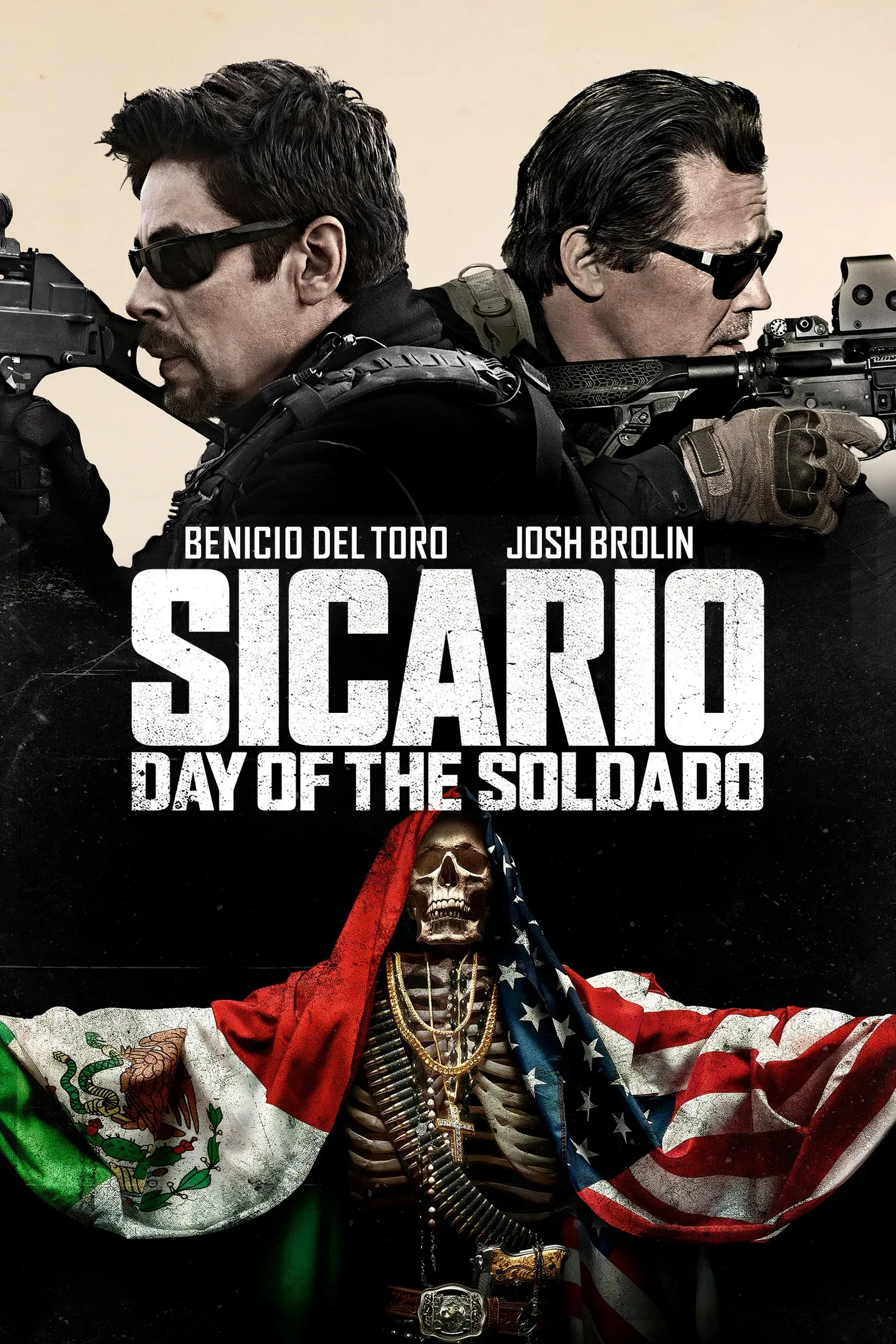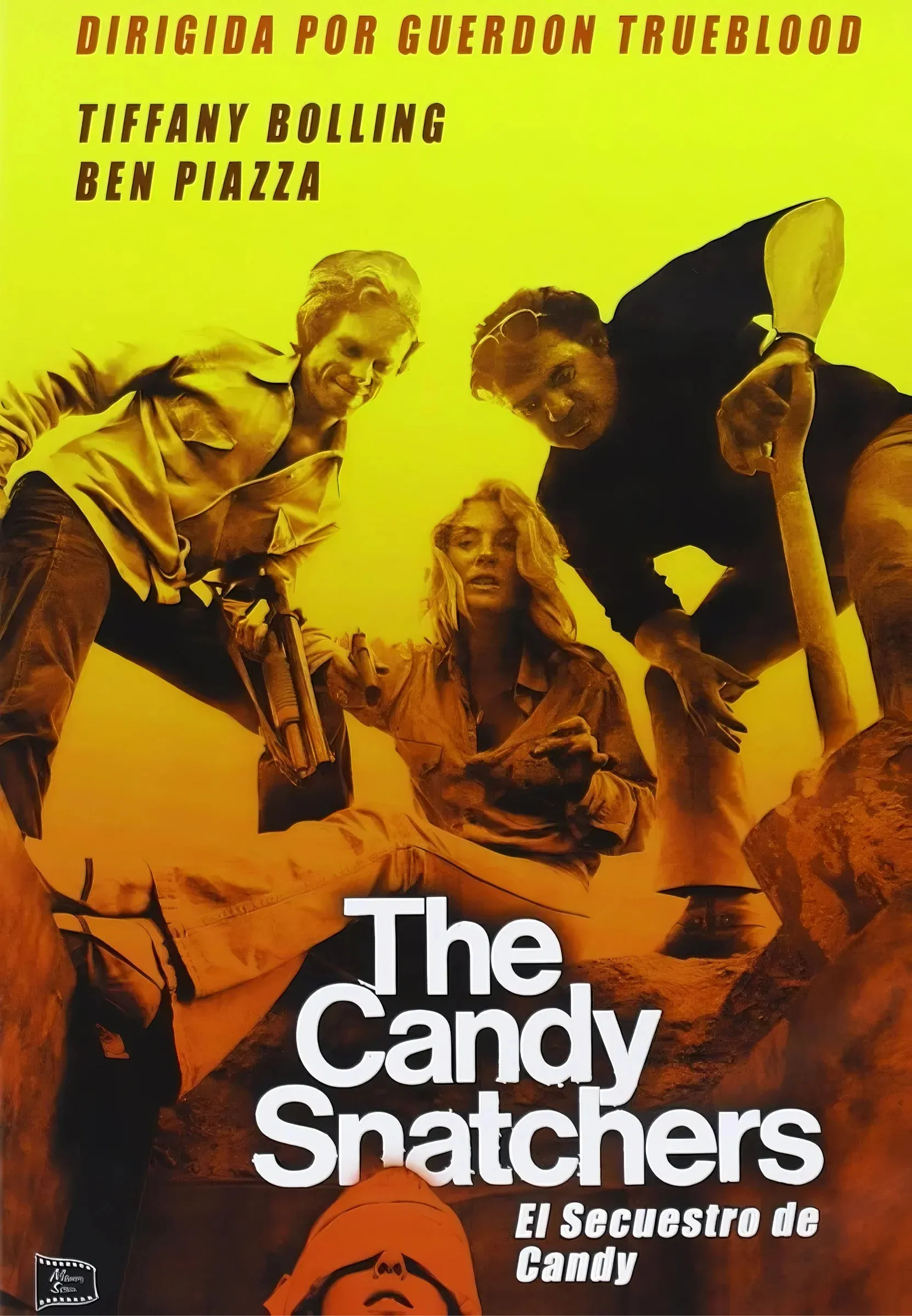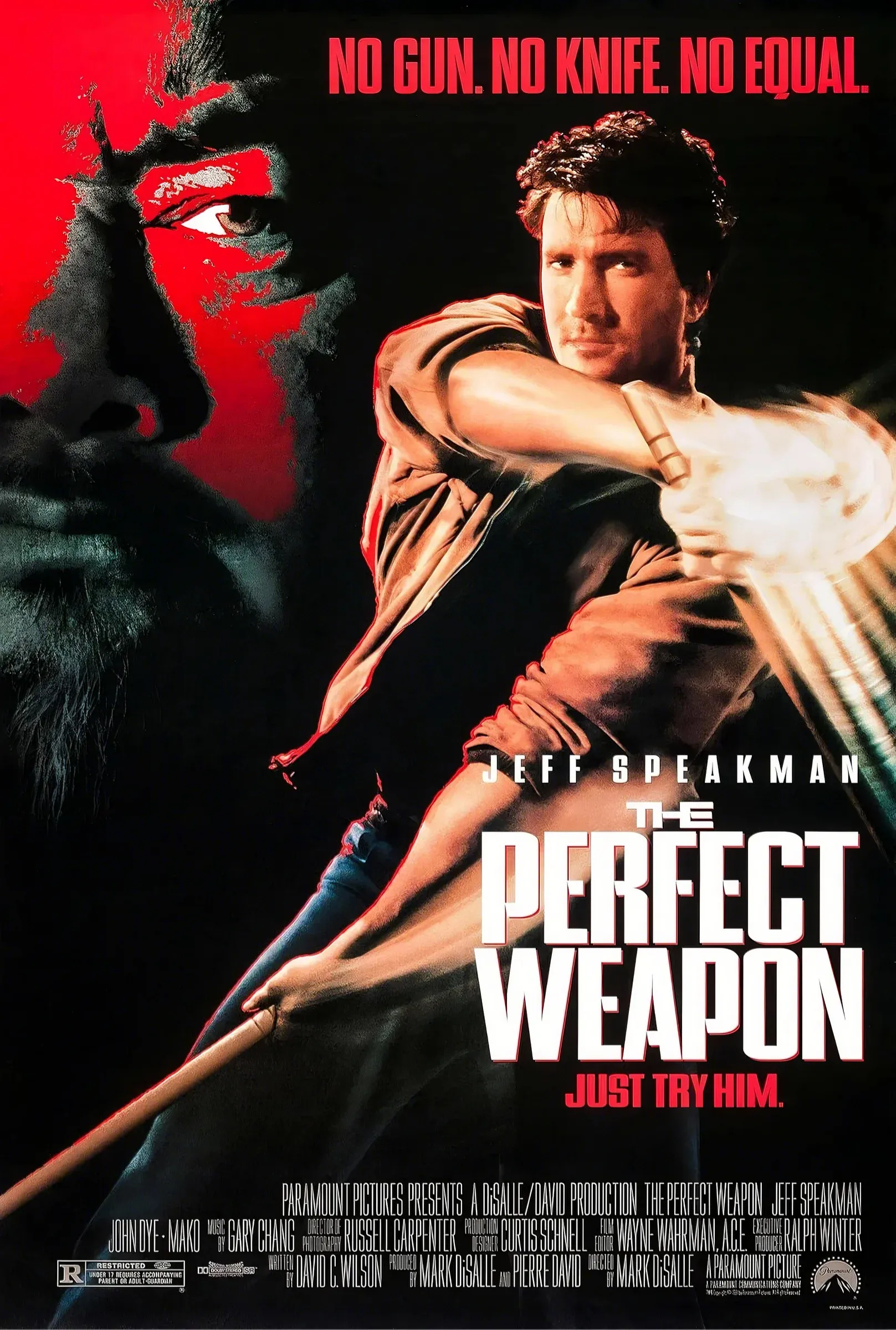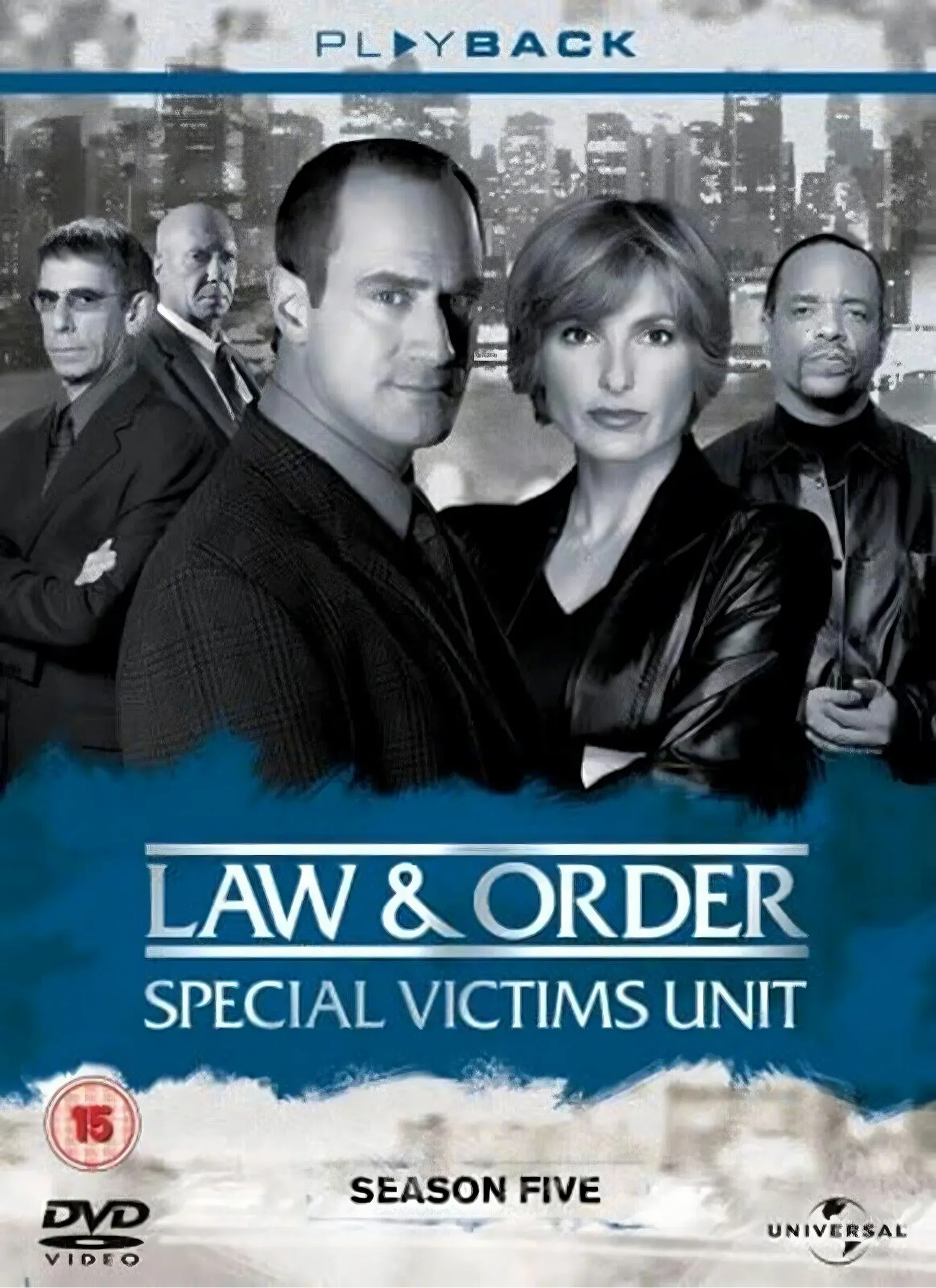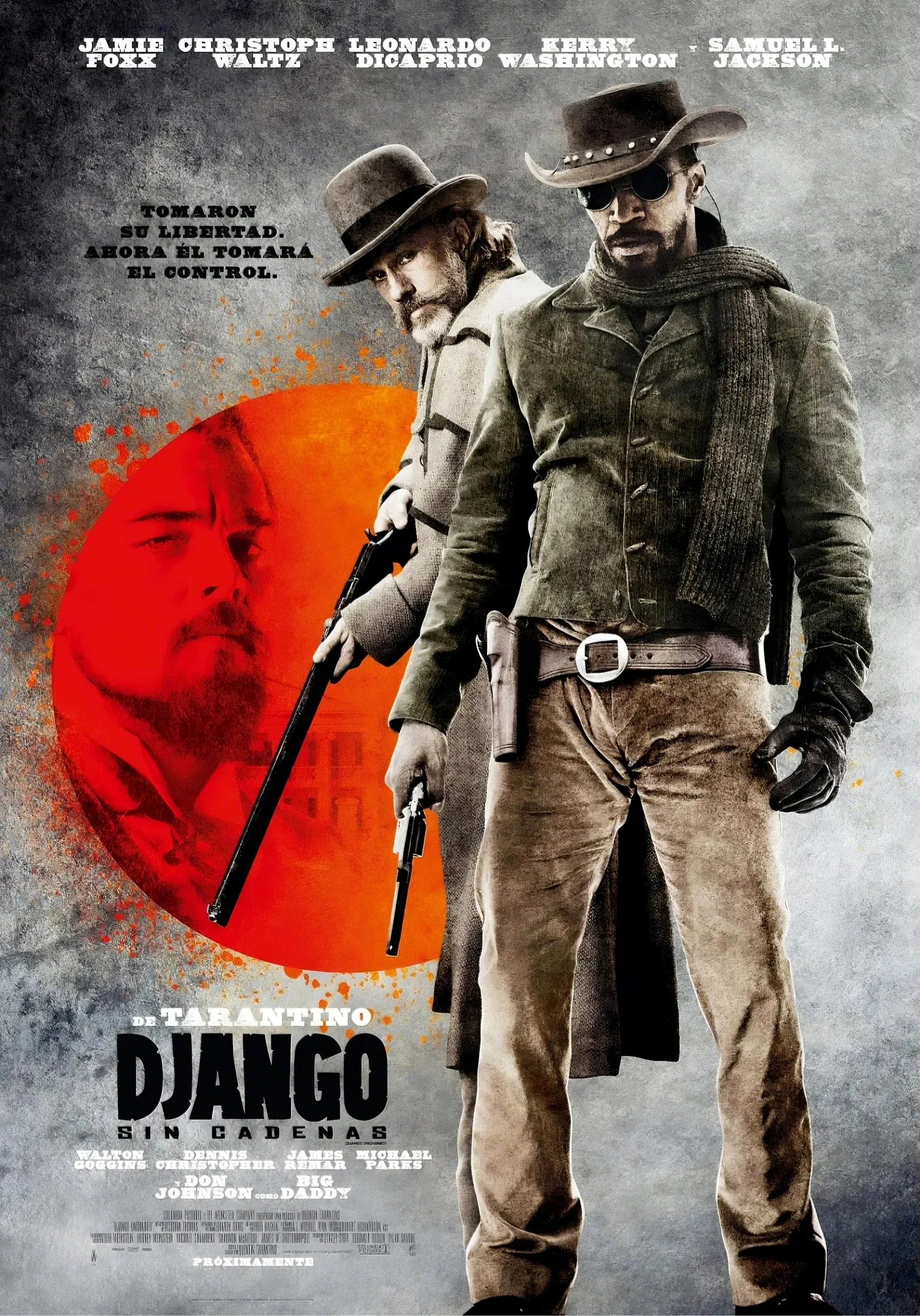Full Movie:
Sicario (2015) is a tense, gripping crime thriller directed by Denis Villeneuve, known for his ability to create visually striking and atmospheric films. The movie explores the complexities of the war on drugs, focusing on the moral and psychological toll that such a conflict takes on those involved. Written by Taylor Sheridan, Sicario examines the boundaries of law enforcement, the consequences of government intervention, and the fine line between good and evil.
Overview:
- Director: Denis Villeneuve
- Release Year: 2015
- Genre: Crime, Drama, Thriller
- Runtime: 121 minutes
- Music: Jóhann Jóhannsson
Plot Summary:
The film is set in the violent and lawless border region between the United States and Mexico, where the cartels wield significant power. It follows Kate Macer (played by Emily Blunt), a principled and idealistic FBI agent specializing in kidnapping cases, who is recruited by a covert government task force to help combat the Mexican drug cartels. The operation is led by the mysterious Matt Graver (played by Josh Brolin), a government consultant, and his enigmatic partner, Alejandro Gillick (played by Benicio del Toro), a former Colombian prosecutor with a personal vendetta against the cartels.
Kate quickly realizes that the methods employed by Matt and Alejandro are far from conventional. The mission seems to blur the lines between legal and illegal actions, leading her to question the ethics of the operation and her role in it. As the film progresses, Kate becomes more and more disillusioned with the brutal realities of the war on drugs, especially as she learns more about Alejandro's personal motivations and the morally gray world in which they operate.

Themes:
-
Moral Ambiguity: A central theme of Sicario is the moral complexity of the war on drugs. The film doesn't offer easy answers about the right or wrong way to fight drug cartels but instead focuses on the gray area where good and evil often overlap. Characters like Matt and Alejandro operate in morally ambiguous territory, and the film forces viewers to question whether their actions—though brutal—are justified in the larger context of the war on drugs.
-
Corruption and Power: Sicario explores how power, both political and criminal, can corrupt institutions and individuals. The film critiques the ways in which governments, law enforcement agencies, and cartels become entangled in a cycle of violence, exploitation, and corruption. The characters face a corrupt system that often forces them to compromise their ideals in the pursuit of justice.
-
The Violence of the War on Drugs: The film’s depiction of the drug trade is brutal, highlighting the violence and inhumanity that comes with the illicit drug business. The tension in the film stems from the constant threat of violence, as well as the fear and helplessness felt by those caught in the middle.
-
The Personal Cost of Justice: Through Kate’s character, the film also explores the psychological toll of fighting this war. Kate starts as an idealistic, dedicated agent, but as she becomes more involved in the morally ambiguous mission, she begins to lose her sense of self and is forced to confront the personal cost of seeking justice in such a dangerous world.
Characters and Performances:
-
Kate Macer (Emily Blunt): A determined and capable FBI agent, Kate serves as the audience's entry point into the story. Her increasing disillusionment with the mission and its methods is central to the film. Blunt delivers a strong performance, capturing Kate’s internal struggle between duty and moral integrity.
-
Matt Graver (Josh Brolin): A charismatic and seemingly carefree government operative who appears to be more pragmatic and ruthless in his approach to dealing with the cartels. His laid-back demeanor hides the fact that he is willing to take extreme measures to get results, even if those measures involve bending or breaking the law.
-
Alejandro Gillick (Benicio del Toro): A former prosecutor whose family was killed by the cartels, Alejandro is a mysterious and vengeful figure. He operates with a cold, calculating efficiency and uses his own personal quest for vengeance to fuel his involvement in the operation. Del Toro's performance is both haunting and captivating, playing Alejandro as a man consumed by his thirst for revenge.
Cinematography and Style:
- Sicario* features striking cinematography by Roger Deakins, one of the most highly regarded cinematographers in film history. The film is known for its atmospheric visuals, with a muted color palette that reflects the bleak, desolate world of the borderlands. Deakins' use of wide shots and long takes captures the oppressive environment of the desert and the lurking danger of the drug war.
One of the film's most notable scenes is the convoy sequence, where the camera follows the task force as they make their way through the dangerous streets of Juárez, Mexico. The tension is palpable, and the sequence is marked by its meticulous pacing and Deakins’ ability to build suspense through visuals.
The film also uses sound effectively to heighten the atmosphere, with Jóhann Jóhannsson's haunting score amplifying the sense of dread and unease. The music is minimalistic but powerful, using deep, resonant tones to enhance the film’s tension.
Reception:
Sicario received widespread critical acclaim upon its release for its intense direction, compelling performances, and thought-provoking themes. Emily Blunt’s portrayal of Kate was particularly praised, as was Benicio del Toro's chilling turn as Alejandro. The film was lauded for its realistic portrayal of the complexities of the war on drugs, and Denis Villeneuve’s direction was highly regarded for its ability to maintain tension and suspense throughout.
The film was also praised for its lack of overt moralizing or easy answers, opting instead to present a complex and nuanced view of the issue at hand. It became a sleeper hit at the box office, grossing over $85 million worldwide against a $30 million budget.
Sicario was nominated for three Academy Awards, including Best Cinematography for Roger Deakins, Best Original Score for Jóhann Jóhannsson, and Best Sound Editing. It also sparked discussions about its relevance to real-world issues, such as the U.S. drug war and its portrayal of law enforcement’s ethical dilemmas.

Sequel: Sicario: Day of the Soldado (2018)
Due to the success of Sicario, a sequel titled Sicario: Day of the Soldado was released in 2018. The sequel, which is directed by Stefano Sollima, continues the story of Alejandro and Matt as they wage a covert war against the Mexican drug cartels. While it doesn’t focus on Kate's character, it continues to explore the moral complexities and brutal realities of the drug war.
Conclusion:
Sicario is a haunting and thought-provoking thriller that delves deep into the murky waters of the war on drugs. With its incredible performances, particularly from Emily Blunt and Benicio del Toro, and its stunning cinematography, the film stands as a modern classic that challenges viewers to confront the ethical complexities of the drug trade and the human cost of justice.
